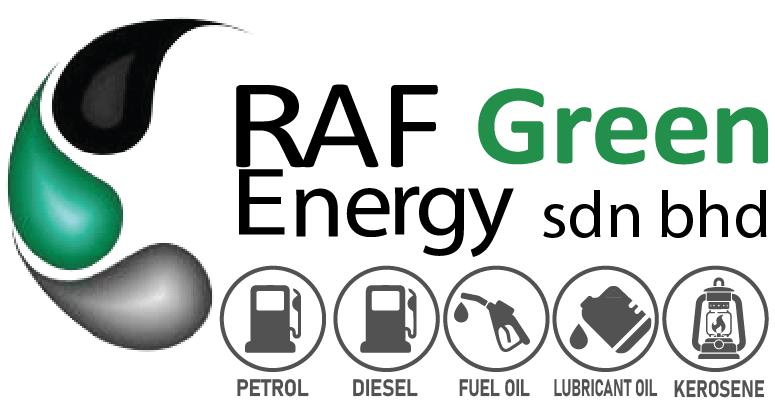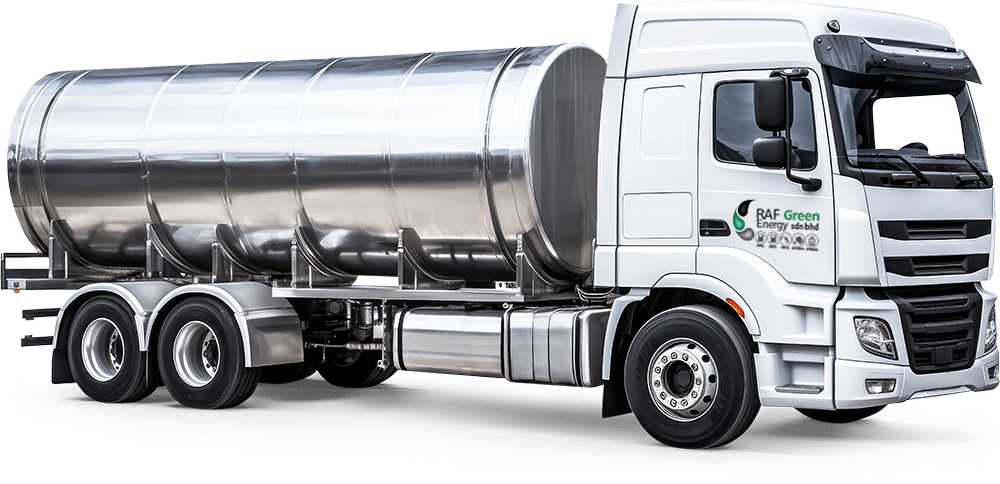Introduction: In Malaysia, industrial diesel supply plays a crucial role in driving the nation's economic activities. As one of the primary fuels for various industrial sectors, diesel powers machinery, generators, and transportation fleets, supporting manufacturing, construction, agriculture, and logistics. Understanding the dynamics of industrial diesel supply in Malaysia is essential for stakeholders, from businesses to policymakers, to ensure reliable, efficient, and sustainable fuel distribution. This article explores the intricate ecosystem of industrial diesel supply, examining key players, market trends, challenges, and opportunities shaping the industry.
Overview of Industrial Diesel Consumption: Industrial diesel consumption in Malaysia is substantial, driven by diverse sectors requiring reliable energy sources to sustain operations. Manufacturing industries, including automotive, electronics, and textiles, rely heavily on diesel-powered machinery for production processes. Construction companies utilize diesel generators to power equipment at remote sites where grid electricity may be unavailable. In agriculture, diesel fuels tractors and irrigation pumps essential for crop cultivation. Additionally, logistics companies depend on diesel to fuel trucks and ships for transporting goods across the country and internationally.
Key Players in the Industrial Diesel Supply Chain: The industrial diesel supply chain in Malaysia comprises several key players, each fulfilling specific roles to ensure seamless distribution. At the forefront are diesel suppliers, including state-owned oil companies such as Petronas and independent fuel distributors. These suppliers procure diesel from refineries or import terminals and distribute it through a network of storage facilities, depots, and retail outlets strategically located across the country. Industrial consumers, ranging from large manufacturing plants to small-scale businesses, purchase diesel in bulk or through commercial fuel cards for their operational needs.
Market Trends and Dynamics: Several trends influence the dynamics of industrial diesel supply in Malaysia. One notable trend is the shift towards cleaner and more sustainable fuel alternatives driven by environmental regulations and corporate sustainability goals. While diesel remains a primary energy source for industries, there is growing interest in renewable diesel, biodiesel, and hybrid technologies to reduce carbon emissions and mitigate environmental impact. Additionally, technological advancements in fuel efficiency and emissions control systems continue to shape the demand for diesel-powered equipment and vehicles.
Another significant trend is the volatility of global oil prices, which directly impacts the cost of diesel imports and domestic fuel prices in Malaysia. Fluctuations in oil markets, geopolitical tensions, and supply disruptions can lead to price fluctuations, affecting both suppliers and consumers. To mitigate price risks, some industrial consumers may enter into long-term supply contracts or invest in alternative energy solutions with stable pricing mechanisms.
Challenges Facing the Industrial Diesel Supply Industry: Despite its importance, the industrial diesel supply industry in Malaysia faces several challenges that impact operations and reliability. One challenge is infrastructure constraints, particularly in remote or rural areas where access to diesel storage facilities and distribution networks may be limited. Ensuring adequate infrastructure development is essential to meet the growing demand for diesel across diverse industries.
Another challenge is regulatory compliance, as the industry must adhere to stringent safety, environmental, and quality standards set by government authorities. Compliance with regulations such as fuel quality standards, storage tank regulations, and transportation requirements adds complexity to the supply chain and may increase operational costs for suppliers and distributors.
Additionally, the industry must address security risks, including fuel theft, adulteration, and smuggling, which can disrupt supply chains and undermine market integrity. Implementing robust security measures, such as tamper-evident seals, surveillance systems, and GPS tracking, can help mitigate these risks and safeguard the integrity of the supply chain.
Opportunities for Growth and Innovation: Amidst the challenges, the industrial diesel supply industry in Malaysia also presents opportunities for growth and innovation. The transition towards cleaner fuels and renewable energy sources opens new avenues for investment in biofuels, hydrogen fuel cells, and electrification technologies. By embracing innovation and diversifying their product offerings, diesel suppliers can cater to evolving customer preferences and contribute to sustainable development goals.
Furthermore, digitalization and data analytics offer opportunities to optimize supply chain operations, improve forecasting accuracy, and enhance customer service. By leveraging IoT sensors, telematics, and cloud-based platforms, diesel suppliers can monitor inventory levels, track fuel consumption, and provide real-time insights to customers, enabling proactive decision-making and resource allocation.
Conclusion: In conclusion, the dynamics of industrial diesel supply in Malaysia are influenced by various factors, including market trends, regulatory requirements, infrastructure development, and technological advancements. While challenges such as infrastructure constraints, regulatory compliance, and security risks persist, the industry continues to evolve, driven by opportunities for growth and innovation. By adapting to changing market dynamics, embracing sustainability initiatives, and leveraging technology, diesel suppliers can play a pivotal role in fueling Malaysia's industrial development while promoting environmental stewardship and energy security.



